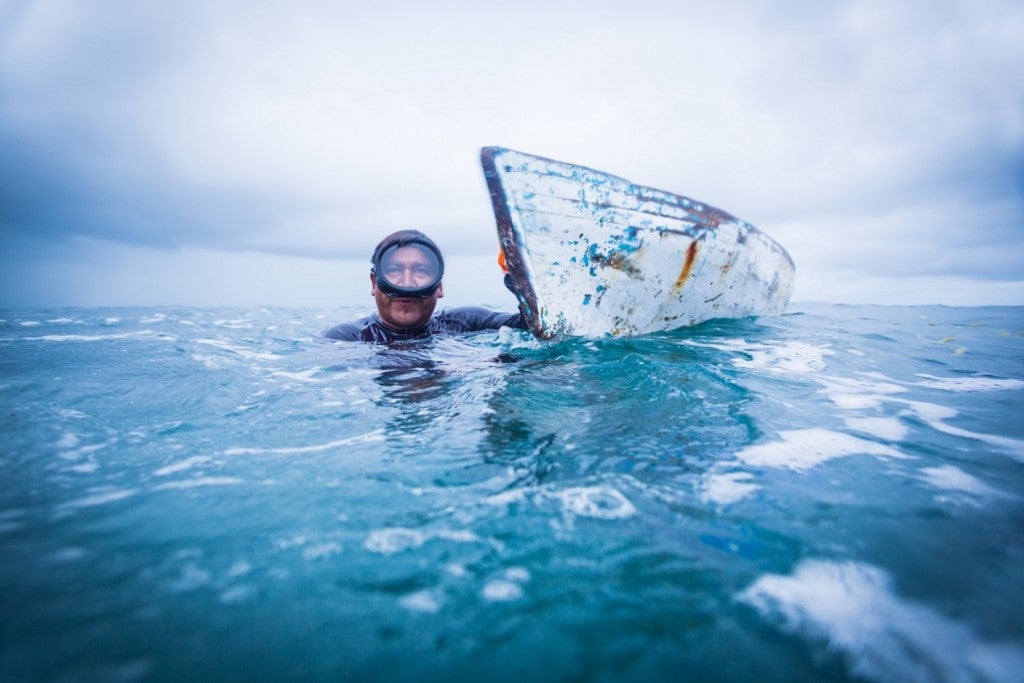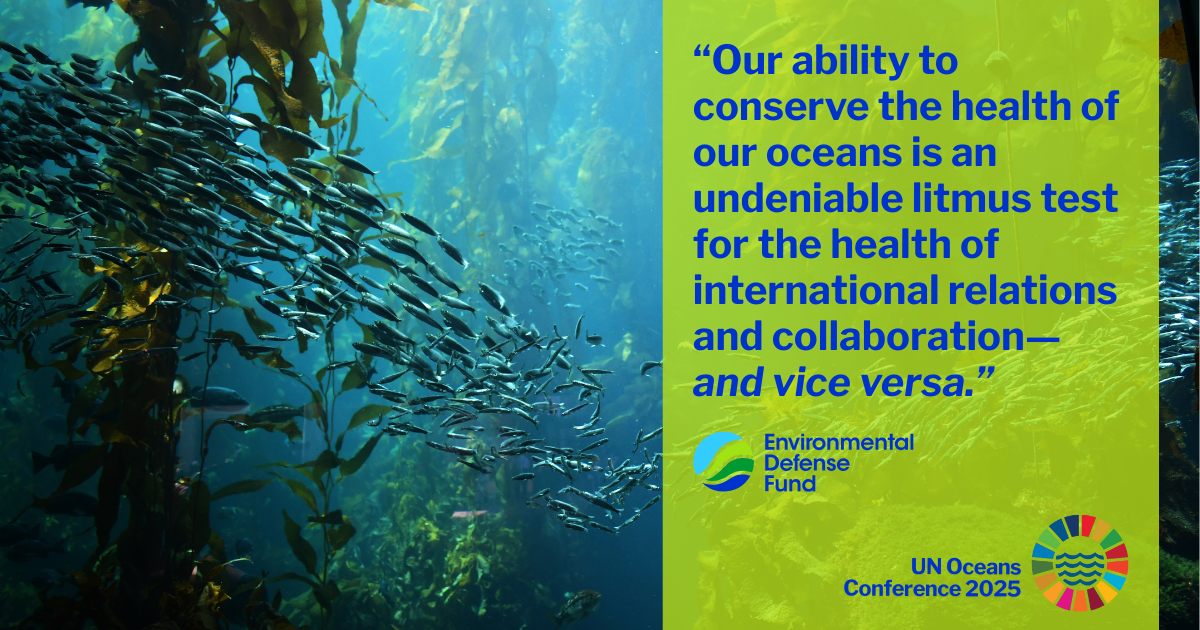Crowdsourcing better data on small-scale fisheries

Many of the world’s fish are caught in small-scale fisheries that lack data about the health of fish populations, giving managers very limited information to base management decisions on. In turn, most of these fisheries appear to be under-performing with respect to conservation, the amount of food they can produce, the amount of money they can generate, and the quality of the livelihoods they can support. There is a perception that these fisheries cannot be assessed without large amounts of data. Because of this perception, many fisheries remain unassessed, ineffectively managed or not managed at all leading to under performance or even collapse.
Fortunately, there are alternatives: fishermen and women, community members, managers and scientists are collaborating to bridge the data gap for these important fishing communities; increasing knowledge and resources for effective fishery assessment and management. While these collaborations have started to fill in the gaps, we still need input from fishery managers and practitioners for a complete picture of the data.
In collaboration with small-scale fisheries around the world, we are beginning to collect information on the pathway and tools employed in actions of science-based fishery co-management in small-scale, data-limited contexts.
Context and goals:
Finding ways to evaluate small-scale fisheries means gaining a deeper insight into the pathways and tools used to transition fisheries to more science based solutions. These solutions allow fisheries to meet environmental, social and economic goals. Successful fisheries around the world have shown that establishing secure fishing rights with science-based catch limits not only empowers fishermen to become stewards of the resource, but can also support a pathway to long-term sustainability. Both the pathways and tools employed to reform fisheries vary, but there are a growing number of examples that use a form of co-management along with science-based fishery management.
Case studies help identify the many ways stakeholders address the challenges their fisheries are facing and help develop science-based solutions for sustainable fishing.
Upcoming panel at IMCC:
At this year’s International Marine Conservation Congress (IMCC) in St. John’s, Newfoundland and Labrador – in collaboration with five fisheries – we will hear the stories from those involved in transitioning a small-scale, data-limited fishery into a science-based managed fishery. Attendees are encouraged to participate in the symposium – Integrated science and management solutions for data-limited and low governance fisheries – and contribute to the associated panel discussion.
Small-scale fisheries are reforming during a fortunate period, as there are tools designed to empower on the ground partners to address the challenges these fisheries are facing. These tools can be used to develop sustainable solutions that support more fish in the water, more food on the plate and more prosperous communities.
Let’s hear your story, so together we can bridge the gap in knowledge and understanding of the critical resources.
How you can participate:
- Contribute to our survey: Fishery Assessment and Management Pathway.
- Attend our symposium and panel discussion on data limited assessment and co-management of fisheries at this year’s International Marine Conservation Congress (IMCC) on August 1st 8:30-11:30 in Salon F.












